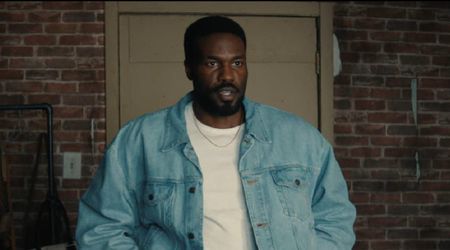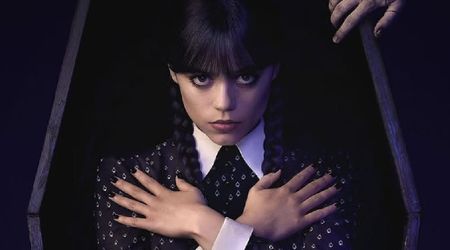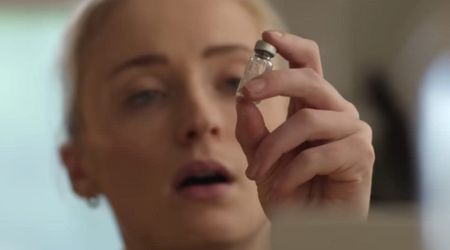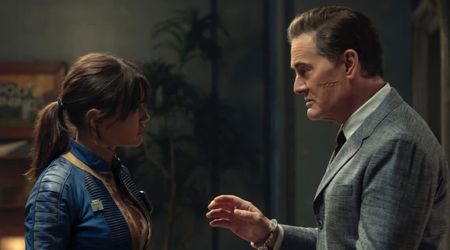'Now Apocalypse' Season 1: Gregg Araki's latest show for Starz cements his place in the pantheon of New Queer Cinema
Gregg Araki's films are about important social issues surrounding sexuality, gender and focus on a section of society that had rarely been explored before

Starz show 'Now Apocalypse' has many excited thanks to the promising writer and director at the helm: Gregg Araki. The independent filmmaker is known for work that is unconventional and that voices teenage angst. He emerged as an idiosyncratic talent who portrayed LGBTQIA+ characters with nuance.










